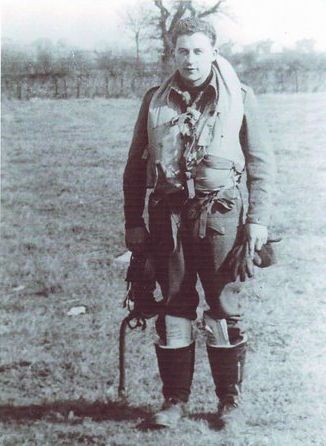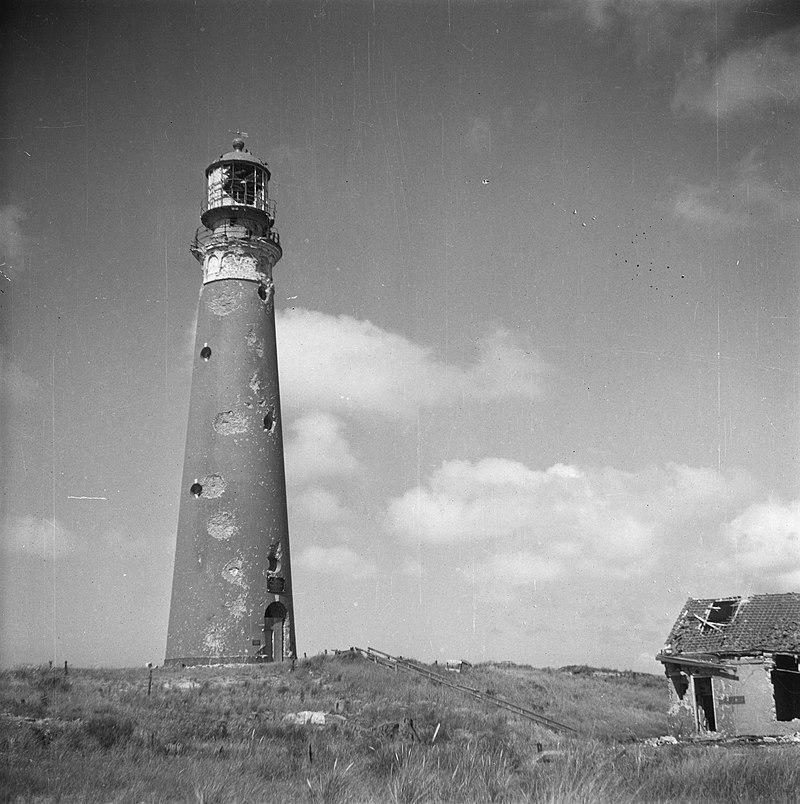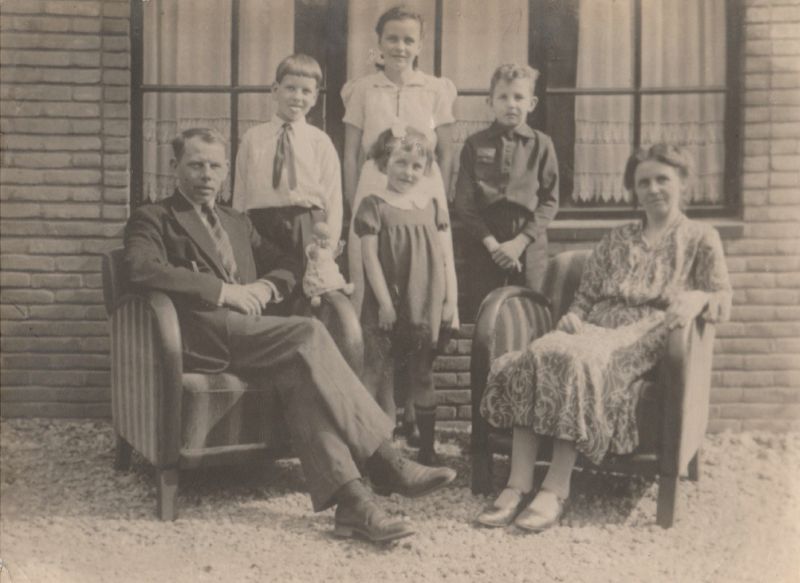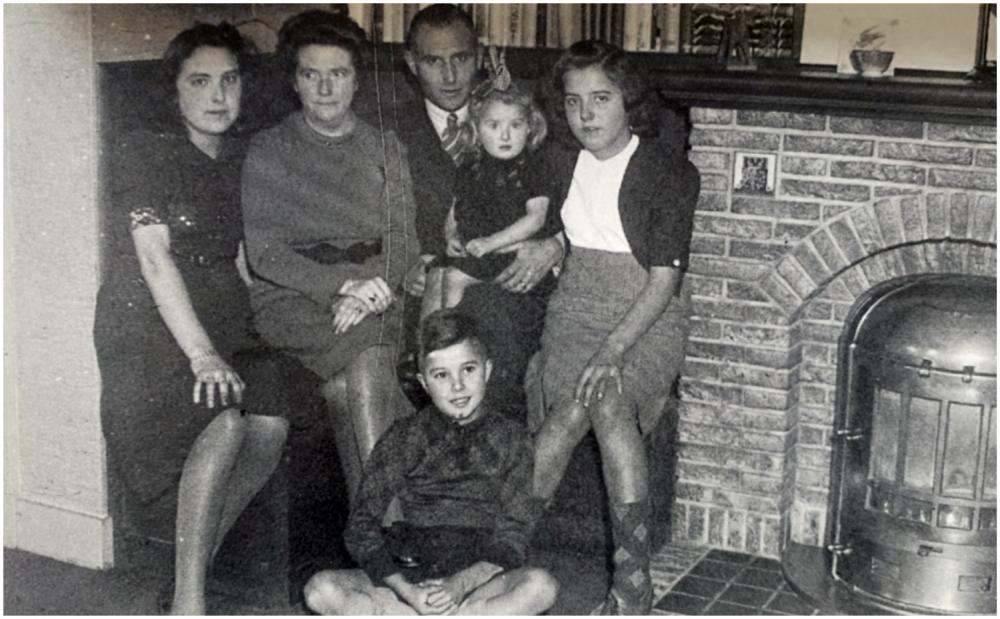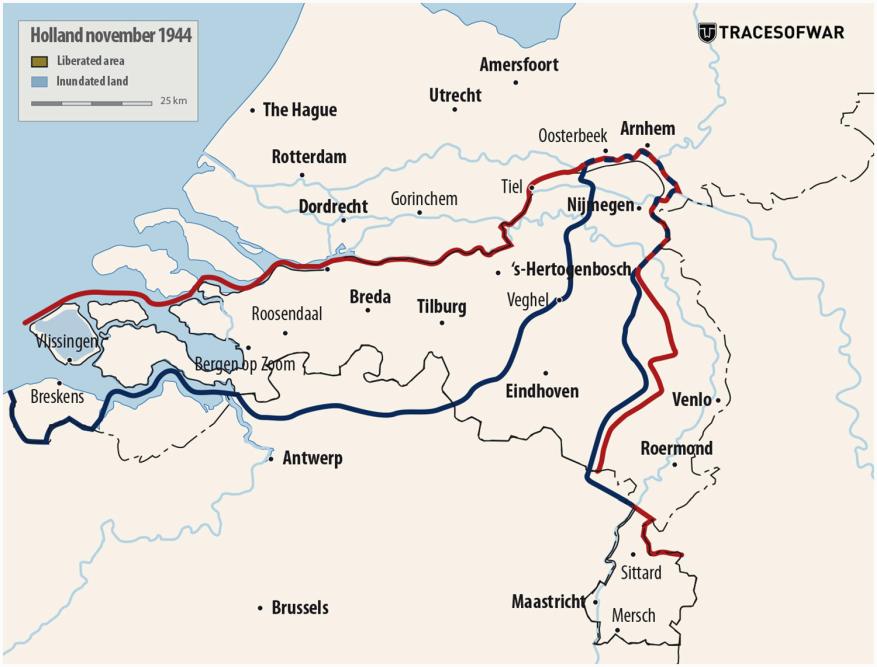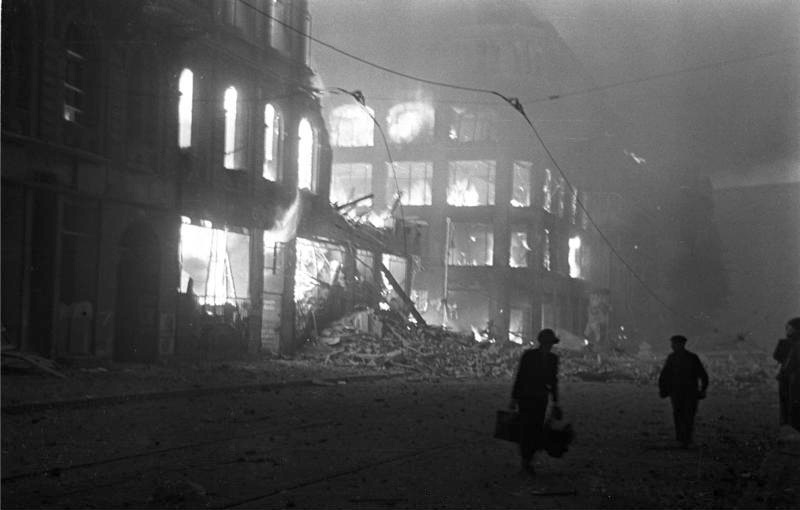Articles
- Article by Redactie TracesOfWar.com
- Published on
Anton de Man: hommage to an Allied pilot
March 17, 1945. I suddenly heard the sound of aeroplanes. The German soldiers heard it as well and came outside, armed with their guns. It was a large group of small aeroplanes. Underneath the wings I saw large, coloured rings. "They are English aeroplanes," the Germans screamed. The aeroplanes flew by, but suddenly one of them returned and opened fire on the military truck driving on the road.
- Article by Lisanne Wehl
- Published on July 15th, 2023
Catrien from Texel, letters about the Georgian rebellion
The following story is an eyewitness account of the Texel tragedy. It is a relatively unknown uprising of Georgians stationed on the island against the Germans between 6 and 26 April 1945. This letter was written by a relative of my grandfather, and I have not changed anything about the letter except for the modern spelling.
- Article by Mia van den Berg
- Published on November 8th, 2024
Friendly fire on Wolfheze
The is the story of Dick van ‘t Land. As a 17-year-old boy, he survived the bombing on Wolfheze, although he lost his father, mother, brother, and sister in one fell swoop. The story of what he went through has been recorded at the request of his daughter Tineke.
- Article by Sebastiaan Berends
- Published on May 4th, 2025
M.A. Bogaerts-Bechtold, the Hinthamerpark during the liberation of Den Bosch
The following text was found in a small notebook written by Mrs M.A. Bogaerts-Bechtold (born August 10, 1925 and died November 9, 2013). She resided with her parents in the Hinthamerpark in Hintham, a district of Den Bosch/ ‘s-Hertogenbosch, and spent many frightening hours in the basement of her parental home during the battle of the liberation of the city. The story takes place in the period of October 22 to 24, 1944.
- Article by Sebastiaan Berends
- Published on May 4th, 2025
M.A. Bogaerts-Bechtold, the Hinthamerpark during the liberation of Den Bosch
The following text was found in a small notebook written by Mrs M.A. Bogaerts-Bechtold (born August 10, 1925 and died November 9, 2013). She resided with her parents in the Hinthamerpark in Hintham, a district of Den Bosch/ ‘s-Hertogenbosch, and spent many frightening hours in the basement of her parental home during the battle of the liberation of the city. The story takes place in the period of October 22 to 24, 1944.
- Article by Samuel de Korte
- Published on March 28th, 2020
Matilda Weyergang, experiences in the Berlin Fire Defence Service
During the Second World War Matilda Weyergang volunteered for the local fire defence service, where she worked as a driver on a fire truck. During this period she experienced various harrowing moments.
- Article by Arnold Palthe
- Published on July 16th, 2025
Reinier Brentjes, the war diary of a Rotterdam citizen
This is the diary, kept by Reinier Brentjes (1917-1996) from Rotterdam in the period between May 10 up to August 17 1940. In a notebook he kept a daily record of what he experienced and which important events were in the news. In words and images, Reinier Brentjes shows the impact of the violence of war on the lives of common inhabitants of Rotterdam and the flexibility with which normal life was resumed soon.
